Conus textile variation from Polynesia & New Caledonia
Author : Touitou David, 2005
FRENCH POLYNESIA
|
In French Polynesia, we have two variations of Conus textile Linné, 1758. The first one which I called "classic variation" represent the usual form of Conus textile which is common to many Pacific & Indian Oceans places. Of course they may vary like any genus though. By the way, in the Tuamotu Atolls, we have a local forma/variation wich is very different from the classic one. This variation looks close to the Indian Ocean Conus textile f. verriculum Reeve, 1843. Read the related article : click here. |
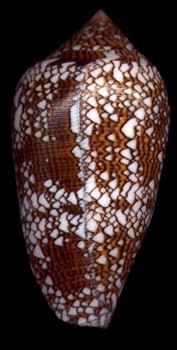
|
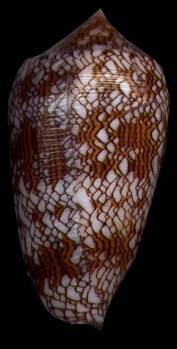
|
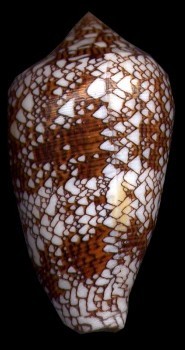
|
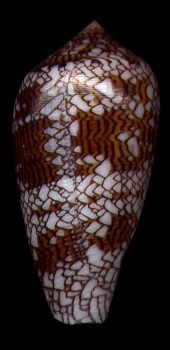
|
|
Classic variation
|
Classic variation
|
Classic variation
|
Classic variation
|
|
Coll. Touitou D.
|
Coll. Touitou D.
|
Coll. Touitou D.
|
Coll. Touitou D.
|
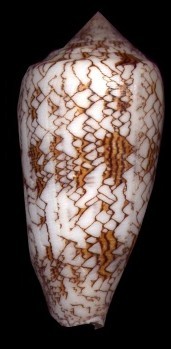
|
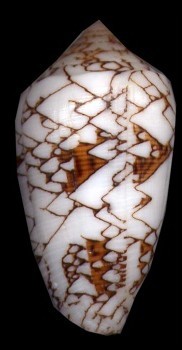
|
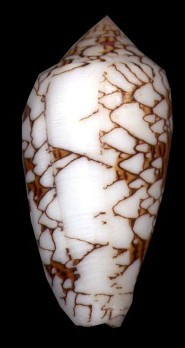
|
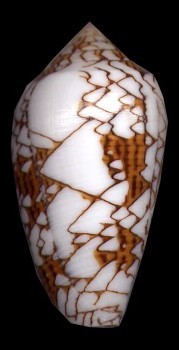
|
|
Tuamotu variation
|
Tuamotu variation
|
Tuamotu variation
|
Tuamotu variation
|
|
Coll. Touitou D.
|
Coll. Touitou D.
|
Coll. Touitou D.
|
Coll. Touitou D.
|
NEW CALEDONIA
|
New caledonia also own the classic variation of Conus textile. Beside this, you may encounter there some different forma/variations. The variations I called "First Variation" & "Second Variation" may also refer to the Indian Ocean Conus textile f. verriculum Reeve, 1843. Then, the ones I called "Third Variation" & "Fourth Variation" were found on the same spot along North-West Coast in the same habitat, in very shallow water, close to the shore among grass & small corals debris. These are very interesting and bautiful variations of Conus textile. Their shape is more elongate and they are darker than usual. Also, the pattern is very different form usual specimens. Some have lots of blue and very tigh small triangles (Fourth Variation 01) and some have a very unusual drawing (with blue parts too) like some specimens from India (Third variation pictures). As I found a specimen with half usual pattern, we may admit that it is just a local variation due to feeding habits or special habitat. The fourth variation seems to be a step before they become like the third variation. By the way, these very local variations are really amazing and may refer to some Indian Ocean forms too, like blueish Indian Ocean ones (Conus archiepiscopus, Hwass, 1792 & Conus textile f. eutrios, Sowerby, 1882.). |
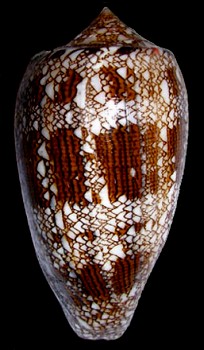
|
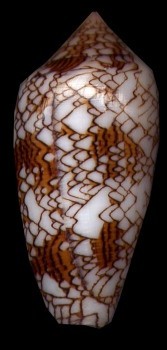
|
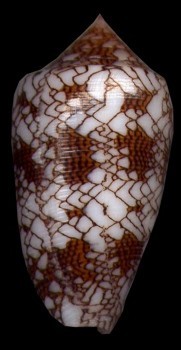
|
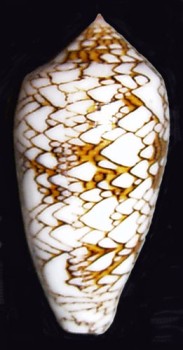
|
|
Classic variation
|
First Variation
|
First Variation
|
Second Variation
|
|
Coll. Rolland S.
|
Coll. Touitou D.
|
Coll. Touitou D.
|
Coll. Rolland S.
|
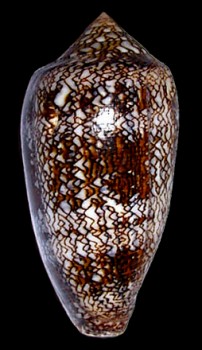
|
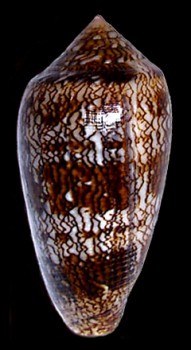
|
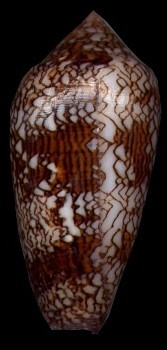
|
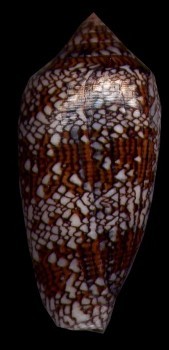
|
|
Third Variation
|
Third Variation
|
Third Variation
Half-normal |
Fourth Variation (01)
|
|
Coll. Rolland S.
|
Coll. Rolland S.
|
Coll. Touitou D.
|
Coll. Touitou D.
|
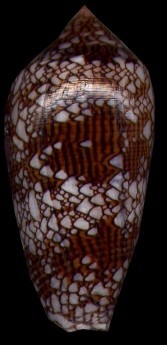
|
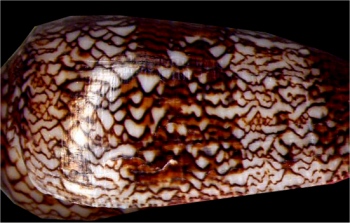
|
|
|
Fourth Variation
|
Detailed vue of the Third Variation shell pattern
|
|
|
Coll. Touitou D.
|
Coll. Touitou D.
|